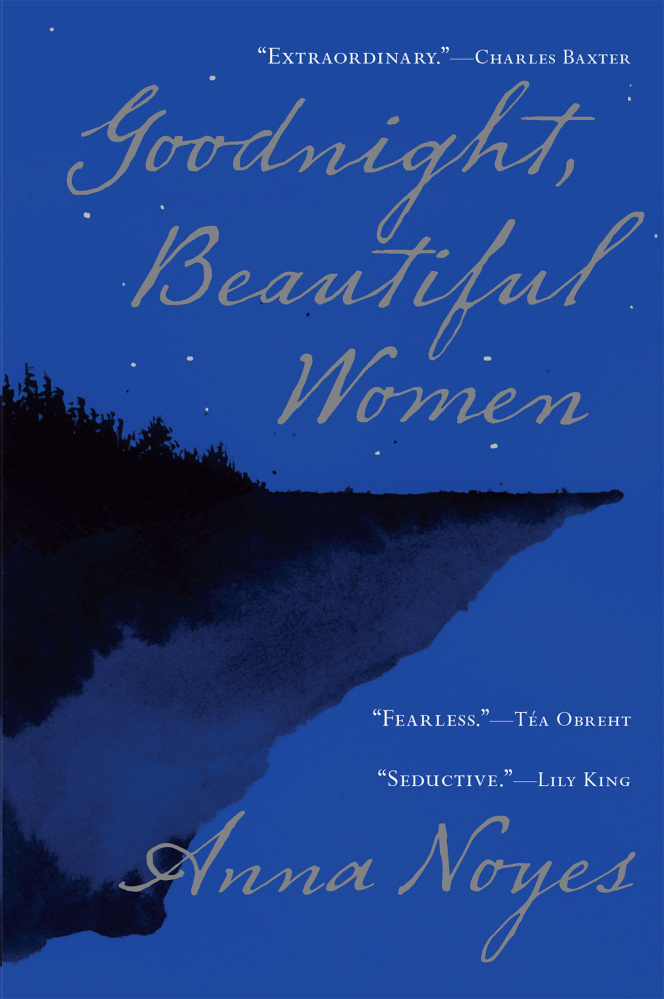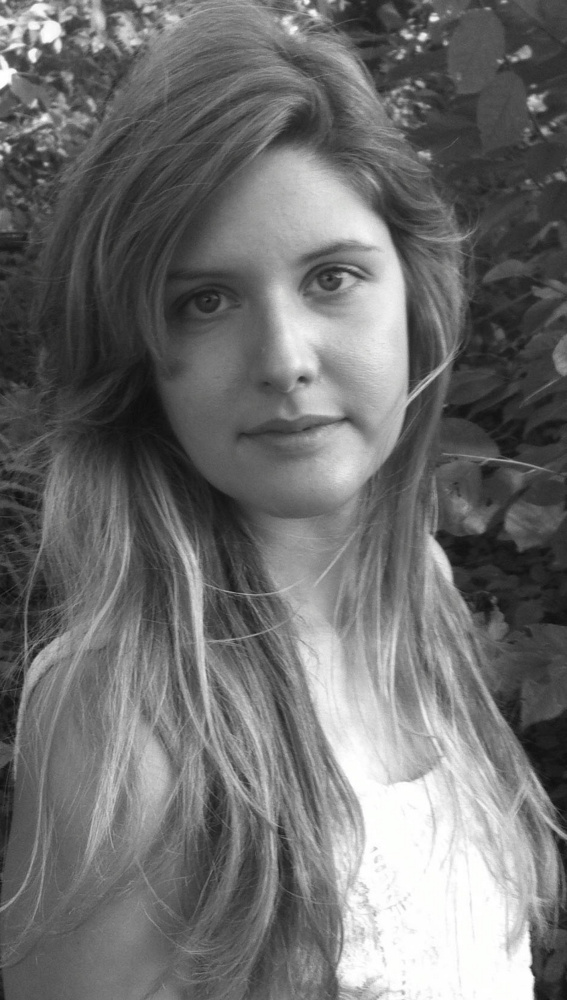The interior life is often a complicated one – and the women in Anna Noyes short story collection, “Goodnight, Beautiful Women,” are no exception. In this quietly menacing book, there are external negative forces that influence the characters, including pedophiles and dead parents. But just as challenging are the internal predicaments.
The author is from Maine, where many of the stories are set or associated with. Her characters drink coffee brandy and read Stephen King. And on more than one occasion, she writes about women who are grappling with darker versions of the selves they present to others. In “Werewolf,” Claire comes to terms with lies she told as a child, including accusing her cousin who has Down syndrome of sexually assaulting her, when in reality it was someone else. She realizes “…all the sweetness and kindness and feelings and tears that she displays to the world could be driven by some essentially bad second self.”
Similarly, in “Changeling,” a woman whose mother left her when she was young contemplates her own dualities. She turns to an eccentric stranger she meets on a bus for some kind of maternal comfort, mistaking her for her lost mom. But it’s she herself who is misplaced. “Every day I had nice, quiet thoughts. Kept my shadow self at bay. She was there, in the mirror. Frenzied and dangerous, her body a cloud of buzzing beetles.”
What lurks beneath the surface of Noyes’ characters? Uncertainty and sexual tension, frustration and fear. In “Safe as Houses,” a teenager named Jenny is reminded of the dangers waiting everywhere when a vacationer is raped by a stranger. It’s not just a story about a predator, though. It’s also about the transition from childhood to adulthood. “Sometimes her fear takes the form of an imagined man in a black mask, and it isn’t so much what he could do to her that scares her, but that when he did it she’d be alone. That afterward she would never be let back into her life the way it was before.”
These stories deal with life changes, big and small. Lovers leave each other, mothers die, and some people yearn for home while others flee from it. In the title story, the narrator’s mother leaves her partner of 10 years while she’s visiting from boarding school. “Going home is a terrible feeling. It’s like film moving backward, a butterfly’s blood sucked back to the center of its body with a swift collapse of wings, the return to the chrysalis. It makes me feel sick.” But in another story called “Homecoming,” a 25-year-old moves back to her hometown with her future husband, and spends much of the time wishing she was at her parents’ house. This is perhaps the weakest story in the collection – one that involves a not very believable makeout session with a “summer girl” she remembers from her youth. There’s something forced about the interaction that comes across as slightly removed, unlike a different story involving a lesbian love affair, “Drawing Blood,” which is as vivid and painful as a paper cut.
Short story writers have minimal space to make a reader care about the topic and the characters. There’s an economy to it, and Noyes is a master. Take this description, for instance, from “This Is Who She Was”: “She wore her collarbones like jewelry.” I’ll never think of collarbones the same way again. These are stories that are built on everyday details told in deceptively simple ways, like this line: “Winter was a tarped boat and the windows dark by three thirty.”
“Goodnight, Beautiful Women” glimmers with the hopes and failures of the girls and women Noyes’ writes about.
Michele Filgate is VP/Awards for the National Book Critics Circle and a contributing editor at Literary Hub. Her work has appeared in The Los Angeles Times, The Boston Globe, Salon, The Paris Review Daily, and many other publications.
Twitter: @readandbreathe
Send questions/comments to the editors.




Success. Please wait for the page to reload. If the page does not reload within 5 seconds, please refresh the page.
Enter your email and password to access comments.
Hi, to comment on stories you must . This profile is in addition to your subscription and website login.
Already have a commenting profile? .
Invalid username/password.
Please check your email to confirm and complete your registration.
Only subscribers are eligible to post comments. Please subscribe or login first for digital access. Here’s why.
Use the form below to reset your password. When you've submitted your account email, we will send an email with a reset code.